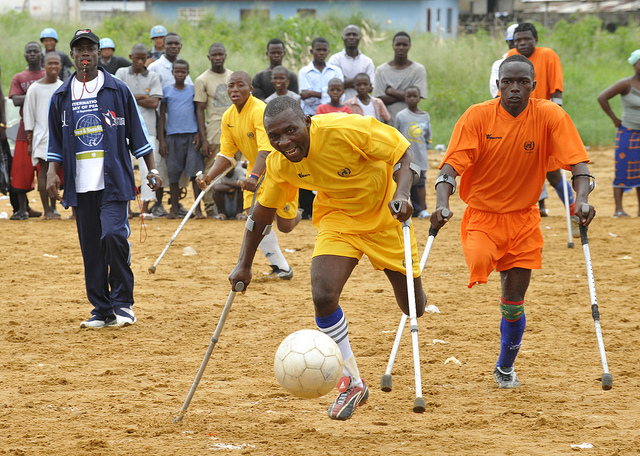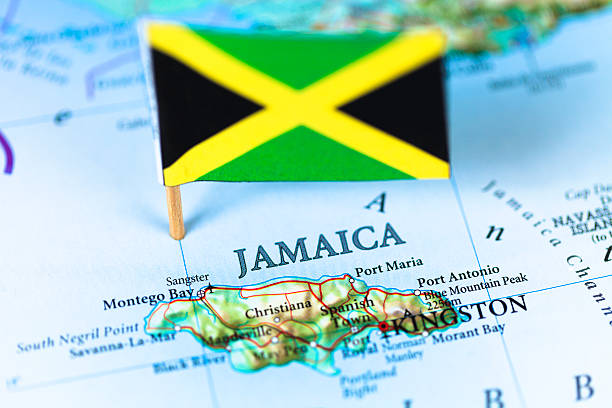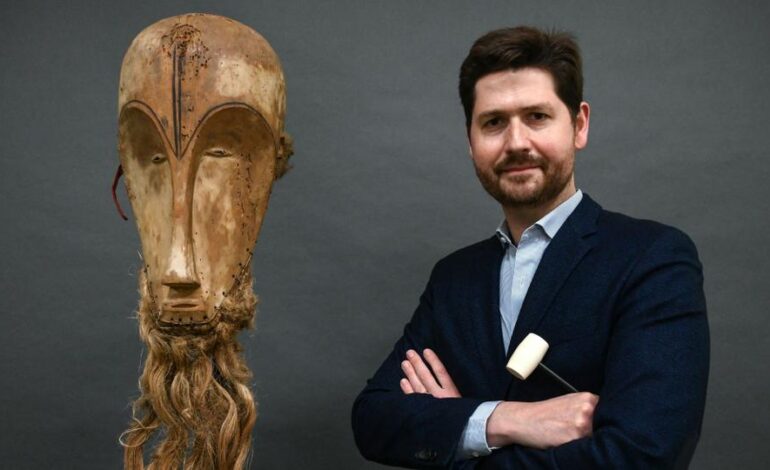
Avellon Williams
GENEVA – A report has been issued by the United Nations Committee on the Rights of Persons with Disabilities (CRPD) on Hungary, Jamaica, Mexico, the Bolivarian Republic of Venezuela, and Switzerland, the five State parties it examined during its latest session.
A positive review of each country’s implementation of the Convention on the Rights of Persons with Disabilities is included along with the primary concerns and recommendations of the Committee. A few key highlights are as follows:

HUNGARY- People with disabilities are not able to make their own decisions out of autonomy due to their disabilities, according to the Committee. As part of its recommendations, Hungary should amend its legislation to ensure that the country’s support decision-making mechanisms respect the dignity, autonomy, and preferences of people with disabilities when exercising their legal capacities.
With regard to Hungary’s latest decision to refurbish and transform existing institutions, the Committee recommended that the State party redesign its measures and redirect its budget and effort toward community-based services such as personal assistance.
The Committee stressed the importance of providing support to individuals with disabilities to live independently and on an equal basis with others in their communities, regardless of their impairment.

JAMAICA- Jamaica became the first country to ratify the Convention in 2007, but its corresponding legislation was subsequently delayed. Among the Committee’s recommendations is that Jamaica accelerates all necessary legislative measures, such as the operationalisation of the Disabilities Rights Tribunal, the Jamaica National Council for Persons with Disabilities, and ensure the availability of sustainable and appropriate human and financial resources to fulfill their mandates.
Additionally, the Committee expressed concern over the lack of a national human rights institution. Jamaica was urged to establish one and designate an independent monitoring mechanism so that people with disabilities and representative groups could monitor the country’s implementation of the Convention.

MEXICO – It was noted that there was no strategy to include people with disabilities in the community at the state and federal levels. In the report, Mexico was urged to adopt administrative and financial policies to empower people with disabilities to live independently and in the community. Moreover, the report called for the authorities to take immediate measures to stop institutionalizing people with disabilities.
The Committee noted that women with disabilities, especially those living in indigenous communities or institutions under guardianship, often have limited access to justice in cases involving gender-based violence. Specifically, it called on Mexico to provide legal assistance, consultation, and counseling to women with disabilities for the purpose of filing a legal complaint.
Additionally, it urged the State party to eliminate gender- and disability-based stereotypes in the justice system and ensure that all prosecutions and trials are conducted in a gender- and disability-sensitive manner.

SWITZERLAND- Concern was expressed over the lack of recognition of disabled persons’ rights to equality under the law. It recommended that Switzerland amend its Civil Code and other legislations to repeal any laws and associated policies which undermine or deny the recognition of people with disabilities as individuals under the law. In it, it was urged that the authorities implement supported decision-making procedures to ensure that the will, preferences, and individual choices of people with disabilities are respected.
Concerning the institutionalization of children and adults with disabilities, including those with intellectual or psychosocial disabilities or autistic people, the Committee urged Switzerland to end all forms of institutionalization, including small residential homes. Switzerland was urged to support people with disabilities so that they can live independently and as part of their communities.

BOLIVARIAN REPUBLIC OF VENEZUELA – In light of the lack of protection of women and girls with disabilities from discrimination, gender-based violence, and the adverse economic situation in Venezuela, the Committee called on the State Party to adopt public policies with a gender perspective and focus in order to prevent sexual violence and human trafficking.
As a result, the Committee was concerned about the absence of an accessibility plan for the physical facilities. Venezuela was urged to ensure that people with disabilities have access to transportation services, including public transportation in cities and provinces, and can enter public facilities.
The next session of the CRPD is scheduled for August 15 to September 9, 2022.





Recent Comments